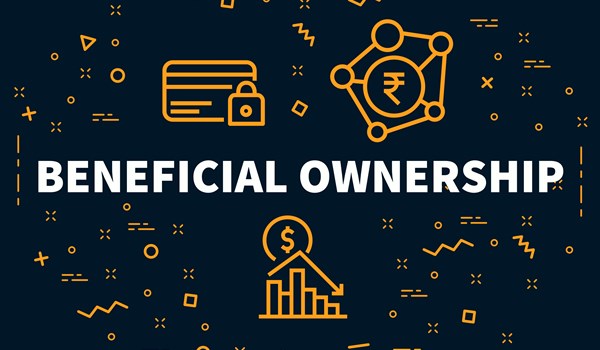New rules for firms in the Qatar Financial Centre (QFC) free zone will require them to treat sustainability reporting with the same degree of rigour as their financial reports, an expert has said.
The QFC Regulatory Authority (QFCRA) is introducing corporate sustainability reporting rules to ensure companies adopt the International Sustainability Standards Board’s (ISSB) new IFSR S1 and S2 standards before the end of the year. These rules bring the free zone into line with other jurisdictions across the globe, in adopting the ISSB standards.
Financial regulation expert Sarah Khasawneh of Pinsent Masons said: “This development is directly relevant to QFC-authorised Category A firms, including banks and insurers, and to any authorised firm that may receive a designation notice. It also affects QFC branches and subsidiaries of international groups that are considering leveraging group-level sustainability reports.”
“Firms will need to treat sustainability reporting with the same rigour as financial reporting, establishing board oversight, internal controls, data architecture, and procedures for assurance-readiness,” she said.
“For cross-border groups, the ability to rely on aligned group reporting can streamline compliance, but branch-level reporting obligations and local materiality may still require QFC-specific disclosures.”
Alongside the sustainability package, minor and technical amendments to other rulebooks will come into force in October, initially applying to category A companies such as banks and insurers, with other authorised firms being brought into scope via written notice.
The guidance (83-page / 1.9MB PDF) spells out practical steps for first-time reporters and clarifies how the regulator will treat reports prepared under standards the ISSB recognises as highly aligned with IFRS S1 and S2. Firms have time, but not much of it, to build the governance, data and controls needed for credible sustainability disclosures.
Hayden Morgan, a sustainability reporting expert at Pinsent Masons, warned that firms should start to make plans now to align with these global standards.
He said: “36 jurisdictions around the world have either adopted the ISSB standards on a voluntary or mandatory basis or are planning to adopt them in the near future. There is a growing consensus for the need for global comparability and consistency in sustainability disclosures.”
On QFC’s new sustainability rules, he added: “Prudent firms will start to prepare now for the incoming requirements so that they understand how this may impact strategy, governance, material risk and opportunities assessment, and start to identify key data and metrics for disclosure to stakeholders. These sustainability requirements signal a new era for Qatar, and impact of these rules should not be underestimated. Firms should act now, to avoid playing catch-up later.”
Ahead of the new rules coming into force, affected firms are advised to start aligning internal governance, data models and, where possible, leverage group reporting allowed under the new rules.



